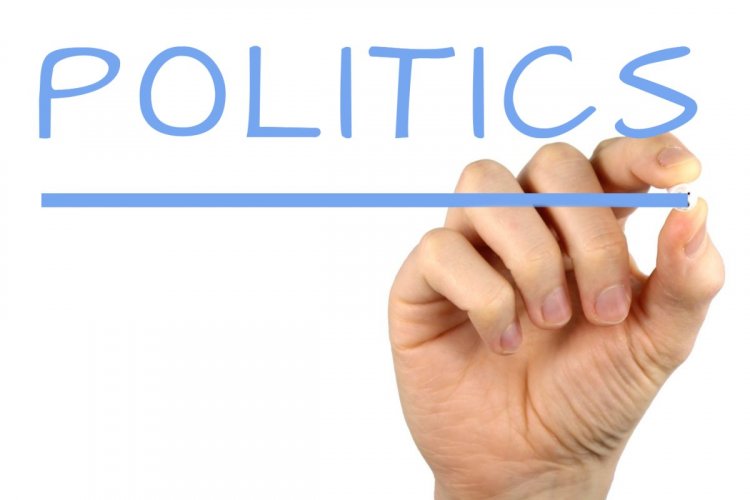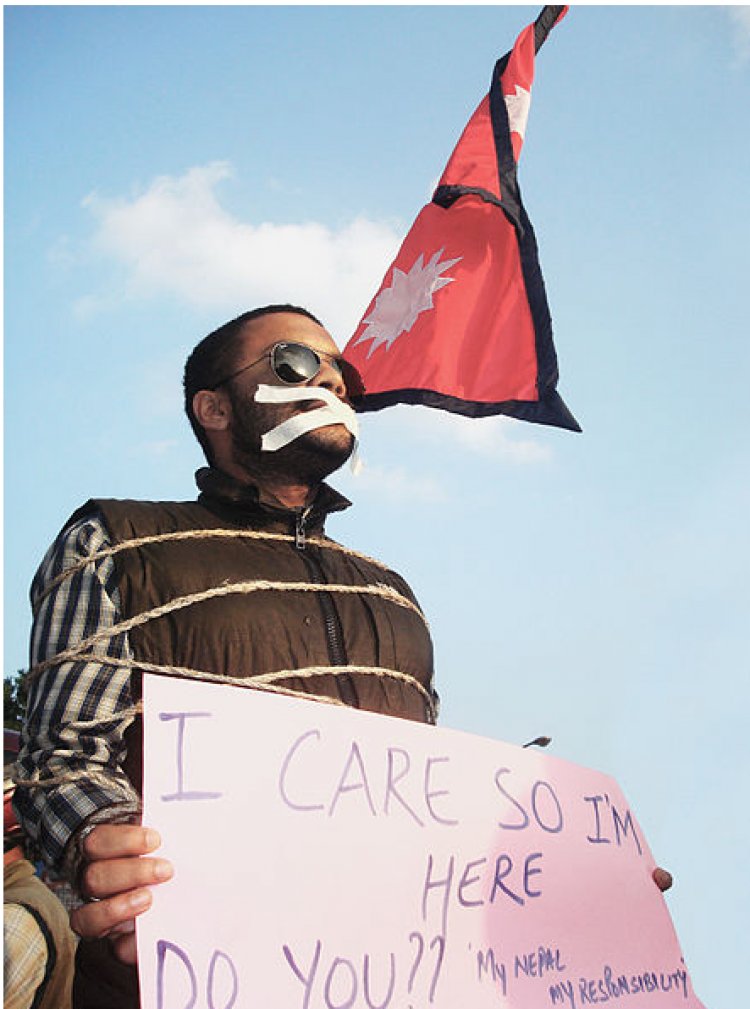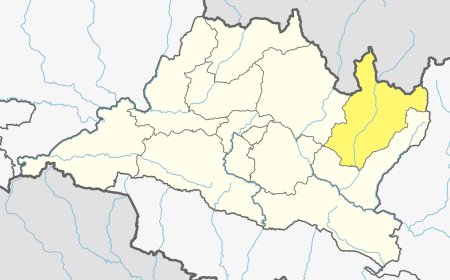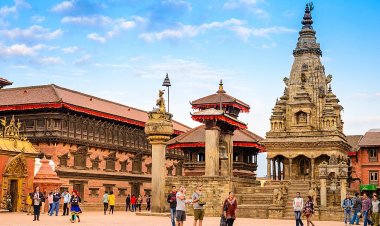Politics of Nepal - Understanding the Government, Constitution, and Political Parties of this Democratic Nation
Learn about the politics of Nepal and gain a deeper understanding of the country's government, constitution, political parties, leaders, and elections.

A country can change for a variety of reasons. Every little thing and every big thing are directly and indirectly interrelated. But all these things come down to one point: politics. Politics is the foundation of national change, growth, and development. Politics is the foundation for running and developing a country. Politics is considered a popular practice of democracy. If politics is done in the right way, positive effects can be seen in individuals, society, countries, and globally. The policy of correct practice is presented as an example and adopted in other countries. Nepal's politics are governed by a parliamentary republic with a multiparty system. Executive power is controlled or exercised by the prime minister and their cabinet. Meanwhile, legislative power is authorized by the parliament.
Political parties involve:
1. Legislature structure:
The legislature is the lawmaking branch of government and is responsible for making proper laws and regulations within the country. The legislators are elected by the people.
There are two levels of legislature
i. House of Representatives
The house of representatives is one of the houses of the federal parliament of Nepal. Members of the House of Representatives are elected through a voting system for a term of five years. The number of members in the House of Representatives is 275. Where 165 are elected through the first-past-the-post system and the rest, 110, are by proportional representation. The election for members of the House of Representatives is currently taking place in 2022.
ii. National Assembly
The National Assembly is Nepal's upper house of the federal parliament. The national assembly has 59 members in total. Whereas 56 members are elected through an indirect single transferable vote, and the remaining three are appointed by the president.
2. Judiciary
It is the branch of government that provides justice to the people and makes the right decisions. The Constitution provides three levels of courts, which include the Supreme Court, the High Court, and the District Courts.
i. Supreme court:
The Supreme Court is considered the guardian of the Constitution, which is responsible for the protection of human rights. It has the power to hear appeals against the final decisions of the Court of Appeals and is empowered to review its own judgments.
ii. High court:
There are seven high courts in total, each with 18 branches. This court can initiate proceedings and impose punishment according to federal laws for contempt or obstruction of itself and its subordinate courts in the administration of justice.
iii. District court:
It is located in each province, as the name suggests. Judges of this court are appointed by the chief justice on the recommendation of the judicial council. District courts are responsible for all civil and criminal cases.
Levels of government:
The federal government has the authority to control the whole country. Federal government responsibilities include foreign affairs, social security, industrial relations, trade, immigration, currency, defense, internal security, and peace policy.
2. Provincial government:
Only one province is under the control of the provincial government. Provincial governments are responsible for social services like education, health, and social development as well as economic functions like agriculture, roads, transportation, and so on.
3. Local government:
Local government has the authority to control the particular village council or municipality or metropolis or sub metropolis.
Current political situation:
Youths in politics:
Nepal's political situation has been volatile for decades, causing ups and downs in all aspects of the country's development. Moreover, it is leading to backwardness and high dependence on other countries for many reasons. From my perspective, a politician's sincerity and good leadership lead the country down a good path for the betterment of the nation. It is only slightly visible among the old leaders. Before the age criteria, the greatest barrier to the involvement of youth in politics was their lack of interest in politics. Currently, the interest and participation among youths for the sake of political stability with new ideas, points of view, and positive attitudes are slightly increasing day by day. Many young people are gradually taking up positions at the state and local levels. I believe that young people have clearer minds and better intentions than older leaders. They can probably drive the country to a better destination because they have knowledge in many sectors and are more capable, leaving all the bad work, such as corruption, insincerity, and selfishness, to themselves. Despite taking a stand and taking a step for the country, many young people have established and proper careers. For example, Balen Shah, a versatile rapper, and architect-engineer took a strong stance for the Kathmandu district and was elected mayor of Kathmandu Metropolitan City, where he is doing outstanding work in a short period. Furthermore, if every young gun acts, even if only on a local level, youths can gradually make a significant impact in their country. I think that politics is a hypothetical game between people and their thoughts. It is also the collaboration of leaders and citizens. We make the mistake of electing an undeserving candidate and then try to blame all of the negative consequences on leaders or the nation. It is also our vital responsibility to choose wise leaders, just as people chose Balen-Shah. Likewise, the great journalist of all time, Rabi Lamichane, is taking a step into town politics in his hometown of Chitwan and has also done much good work for social welfare. We would hope to see more of his work in the coming years. Binod Chaudhary, the one and only billionaire, has also been seen displaying humility and gratitude for needy people and society. He is also a central member of the Nepali Congress and is going to be the candidate for a member of the House of Representatives from Nawalparasi. A person of such high status and fulfillment is here for the sole purpose of social welfare and the betterment of the country. Young leaders are also proving the people's hopes that they granted previously wrong, which is causing concern throughout the country. Every mother hopes that the young generation will be the great soldier to bring the beautiful sunrise, spreading the rays of positivity, development, a positive attitude, and opportunities that the older generations could not grasp.

There are many concepts in politics, and there are many principles. It is not that every theory is perfect in itself, but political beliefs are followed by minimizing all the problems. In Nepal, communal socialism has been adopted. Until recently, Nepal's politics seemed to be stuck in the management establishment. If we evaluate the decade from 2000 to 40 and 50 to 60, it seems that it was used for the establishment of democracy and republicanism. Half a century has passed in the conflict and movement between the regimes. After that, it took a decade to institutionalize the democracy-republic and make it stable. Still, we have difficulty achieving political stability. By evaluating the political environment of Nepal, it can be seen that the politics of selfishness and nepotism are harmful to the growth and development of the country. The results of the recent federal and provincial elections have led to anger toward old politics and the search for change. It will take a long time for change to come, but people are now aware that change is possible in our time.
What's Your Reaction?





































































































